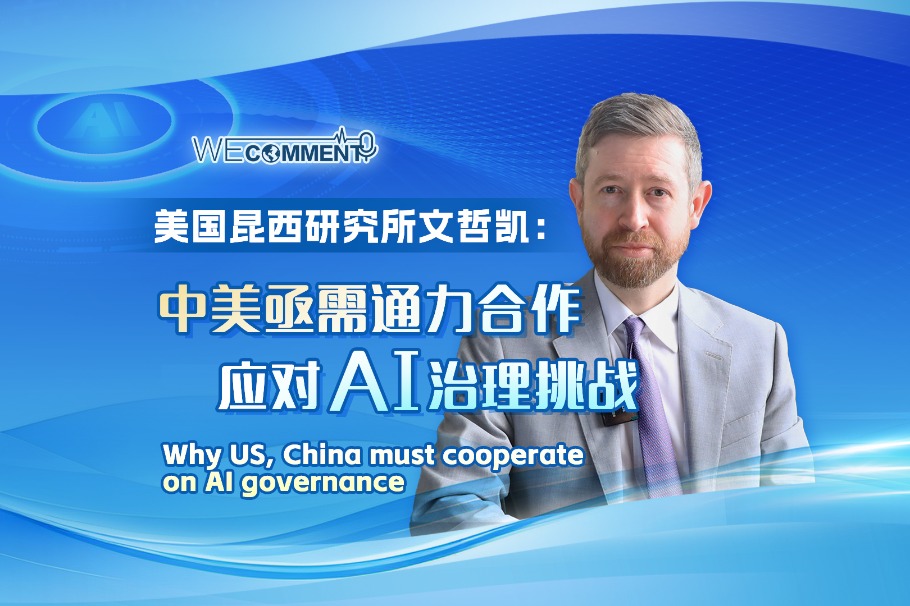Quincy Researcher Advocates for US-China Collaboration on AI Governance – Perspective

Importance of US-China Collaboration in AI Governance
Artificial Intelligence (AI) is rapidly changing the way societies function, presenting both opportunities and challenges. Jake Werner, who directs the East Asia Program at the Quincy Institute, emphasizes that it is crucial for the United States and China to collaborate on managing AI effectively. As the two leading powers in technological advancements, their cooperation can significantly impact global AI governance.
Insights from Jake Werner
During a recent trip to Beijing for a dialogue hosted by the Academy of Contemporary China and World Studies and the Carter Center, Werner shared his thoughts on the evolving landscape of AI. His extensive travels in China allowed him to witness firsthand the country’s extraordinary technological progress. Werner pointed out that these advancements have not only benefited China but also contribute positively to the global community.
The Right to Economic Growth
Werner firmly believes that people in China, just like individuals in any other nation, have the right to pursue economic growth through technology. He noted that the United States could play a vital role in facilitating this progress rather than hindering it. By embracing innovative ideas and fostering a supportive environment for advancements, the US can help create a more interconnected world where everyone can thrive.
Addressing AI-Related Risks
With the rapid development of AI, there are numerous concerns regarding its potential to disrupt labor markets and pose threats to humanity. Werner stressed the necessity for a global framework tailored to mitigate these risks. Such a framework would serve to protect not only employment but also societal values as AI technologies evolve.
Key Areas of Focus for AI Governance
To promote effective AI governance, several key areas must be considered:
Transparency: AI systems should be transparent in their operations to ensure accountability and trust among users.
Accountability: There must be clear guidelines on who is responsible for the outcomes generated by AI systems, particularly in sectors like healthcare, law enforcement, and finance.
Ethical Standards: Establishing ethical standards in AI development and deployment can help prevent misuse and ensure fair practices.
International Collaboration: Global cooperation is essential in developing regulations that address the borderless nature of AI technologies. This includes sharing best practices and lessons learned.
- Public Awareness: Educating the general public about AI and its implications can empower individuals to engage in discussions about its governance, leading to informed decision-making processes.
The Role of Dialogue
Werner’s insights highlight the importance of dialogue between nations, particularly between the US and China. Open communication pathways can foster mutual understanding and cooperation in tackling the intricate challenges presented by AI technologies. By discussing shared concerns and working together, these two leading countries can pave the way for safer and more effective AI usage.
In Summary
Jake Werner’s advocacy for US-China collaboration on AI governance sheds light on the important role that both nations play in shaping a technology-driven future. Emphasizing mutual growth and shared responsibility, Werner’s perspective highlights how united efforts can address global challenges. The collaboration not only holds promise for economic development but also aims to safeguard humanity in an AI-empowered world.





